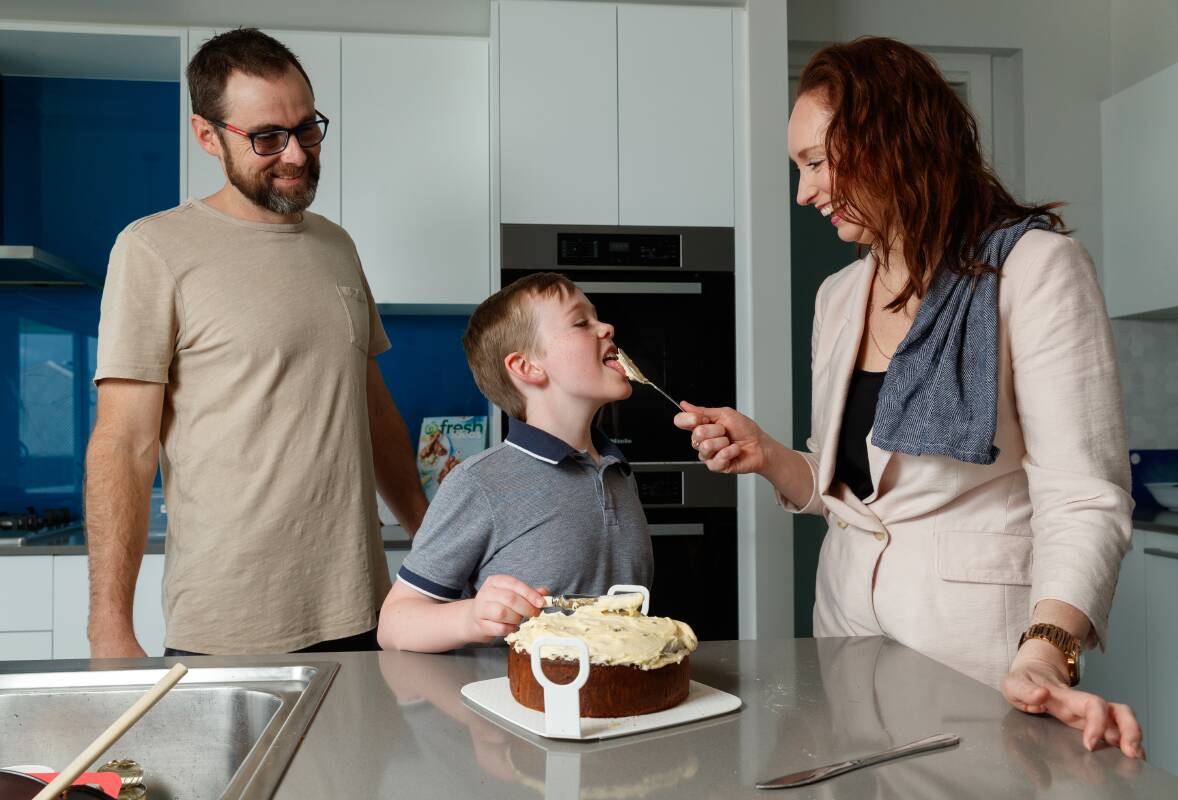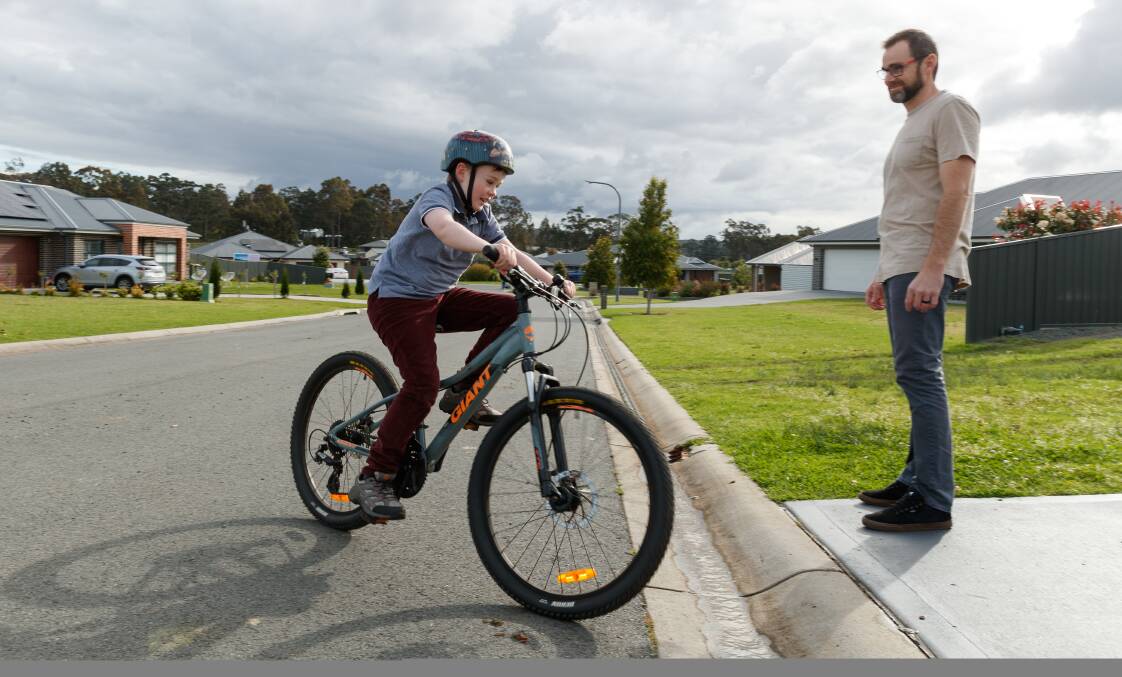
A "GAME-CHANGING" drug that hit the Pharmaceutical Benefits Scheme (PBS) last week has already helped Newcastle's Carters family, the first in Australia to trial a weekly growth hormone injection called Ngenla.
Griffin Carters was just four when he was diagnosed with growth hormone deficiency, requiring daily injections of a synthetic growth hormone to help his body develop normally.
Now, he's 10 and "absolutely thriving" according to his mum Donna, who said moving to a weekly injection was a huge relief.
"Pretty much as soon as he was born he was very healthy looking, chubby and cute but he went down on the growth percentiles and graphs from the time he came out of the womb," she said.
"No matter what we did or fed him, he wasn't vomiting, he ate everything and just didn't thrive, we were seeing doctors and they couldn't pick anything up.
"We got to around below the tenth percentile when I knew I needed to see a new doctor, I got someone to do some more thorough testing and at four-and-a-half we found out he wasn't producing growth hormone."

Growth hormone deficiency doesn't just affect a person's height, it plays a crucial role in organ health and muscle mass, metabolism and general wellbeing.
Without it, fatigue, low blood glucose levels, seizures and weakness are among the symptoms sufferers experience.
Professor Maria Craig is a paediatric endocrinologist and has treated hundreds of children with growth hormone deficiency in the last 25 years.
She said moving from a daily injection to a weekly dose is "such a game-changer".
"One of the things families do struggle with is the daily routine of a needle on top of everything else in their lives," she said.
"It's going to reduce the burden of therapy.
"It's on the PBS, so the cost to families is a normal script price, but if they weren't able to access it through the PBS it would be thousands of dollars a year."
She said growth hormone has been around for about 20 to 30 years, and this is the first time a weekly dose has become available.
Once it starts to be prescribed she said she can't imagine many families will stick with a daily dose.
"When I think about the milestones in endocrine diseases, this is a real milestone," she said.
"The main thing is it will make life easier, as a doctor that's what I care about the most is reducing the burden of therapy for children and adolescents."
Since having treatment, 10-year-old Griffin is "the loudest person in the house", according to his mum.
WHAT DO YOU THINK? We've made it a whole lot easier for you to have your say. Our new comment platform requires only one log-in to access articles and to join the discussion on the Newcastle Herald website. Find out how to register so you can enjoy civil, friendly and engaging discussions. Sign up for a subscription here.







